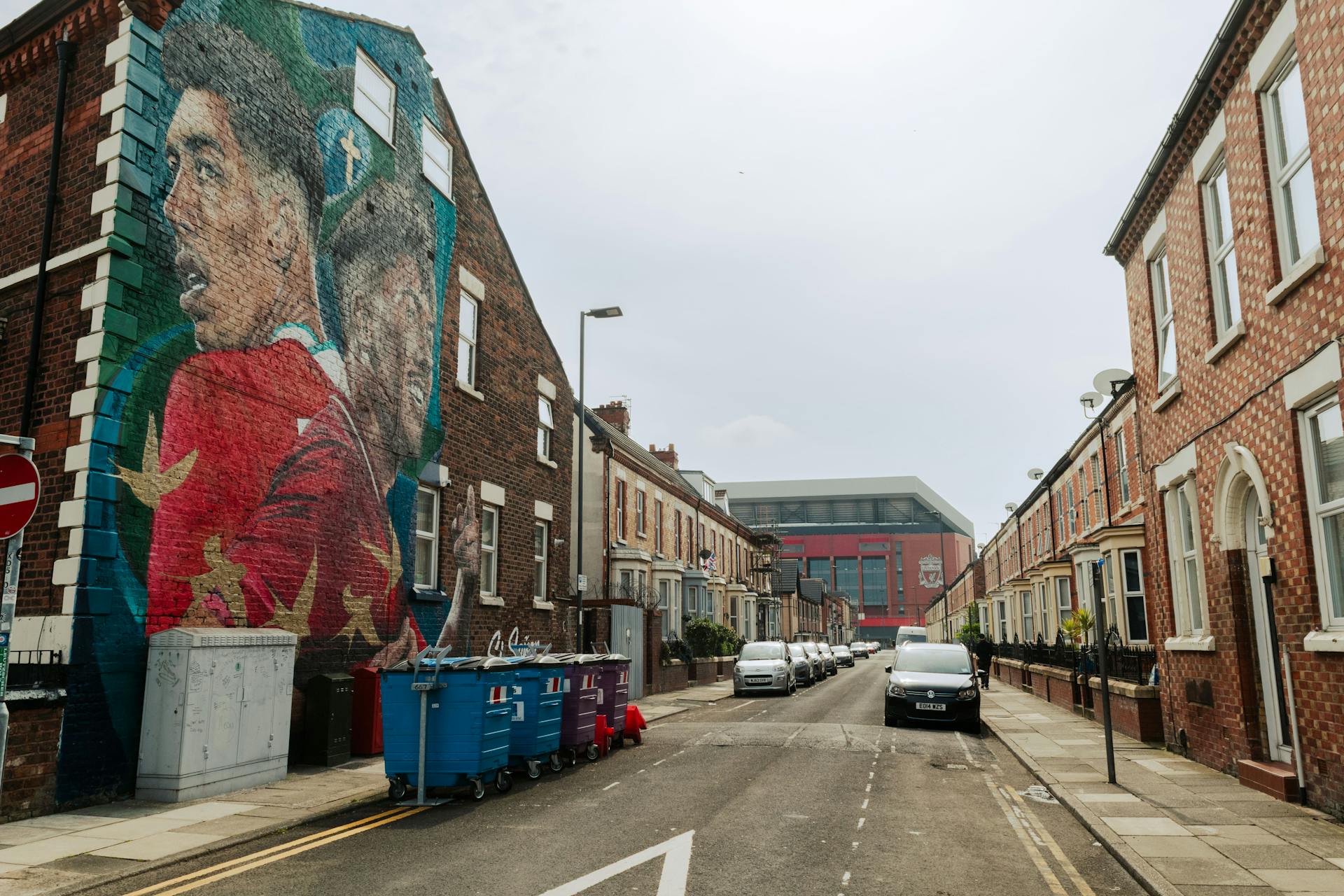Liverpool stands as a beacon of opportunity in the UK property market, with its vibrant cultural scene, robust economic growth, and strategic regeneration initiatives. This comprehensive guide by TK Property Group delves into the factors that are shaping the future of property investment in Liverpool, providing a detailed look at why this city is an attractive option for investors.
Economic Growth and Regeneration
Liverpool’s economy is witnessing substantial growth, driven by significant investments in both public and private sectors. The city’s strategic initiatives, such as the Liverpool Waters project, aim to transform the waterfront with a £5 billion investment that includes new residential, commercial, and leisure spaces. This large-scale regeneration is expected to enhance the city’s global appeal and drive up property values.
The Knowledge Quarter is another pivotal development, fostering innovation and attracting tech companies and startups. This area is becoming a hub for creative and digital industries, contributing to the city’s economic diversification and stability.
Rising Property Values and Rental Demand
Liverpool’s property market is characterised by a consistent rise in values, influenced by ongoing urban regeneration and limited housing supply. Over the past decade, the city has seen a significant increase in property prices, with further growth expected. Savills predicts an 11.7% increase in property prices in the Northwest by 2027, underscoring the potential for capital gains.
Rental demand in Liverpool remains strong, with the city experiencing one of the highest rental growth rates in the UK. In 2022, Liverpool recorded an 18% annual increase in rental rates, with a robust rental market driven by a large student population and an increasing number of young professionals.
High Rental Yields
Liverpool offers some of the most competitive rental yields in the UK, ranging from 4% to 9%. Areas close to the city center and university campuses, such as the Baltic Triangle and the Knowledge Quarter, are particularly lucrative, offering high yields due to their popularity among students and young professionals.
The city’s strategy to retain graduates has bolstered the demand for residential rentals, making it a promising area for buy-to-let investments. The presence of multiple universities ensures a continuous influx of students, maintaining high occupancy levels and stable rental incomes.
Strategic Transport and Infrastructure Improvements
Liverpool’s transport infrastructure is undergoing significant enhancements, which are set to improve accessibility and connectivity. The expansion of Liverpool Lime Street station and upgrades to the Merseyrail network are pivotal developments that enhance the city’s appeal to commuters and residents alike.
These improvements not only facilitate daily commutes but also boost property values in the surrounding areas, making investments near these transport hubs highly attractive.
Investment Hotspots
Emerging hotspots such as the Liverpool Waters area and the Baltic Triangle are drawing significant investor attention. These districts are benefiting from regeneration efforts that are transforming them into vibrant, desirable places to live and work. Properties in these areas are expected to appreciate in value, offering attractive opportunities for capital growth.
Furthermore, the city’s plan to develop the northern docks and further regenerate the Anfield area is creating new opportunities for property investors. These projects aim to revitalise communities, improve living conditions, and attract new businesses and residents.
Liverpool’s property market offers a dynamic environment for investors, characterised by a combination of strong economic indicators, strategic location advantages, and substantial public and private investments. With its ongoing regeneration projects, high rental yields, and vibrant cultural scene, Liverpool is well-positioned as a leading destination for property investment in the UK.









